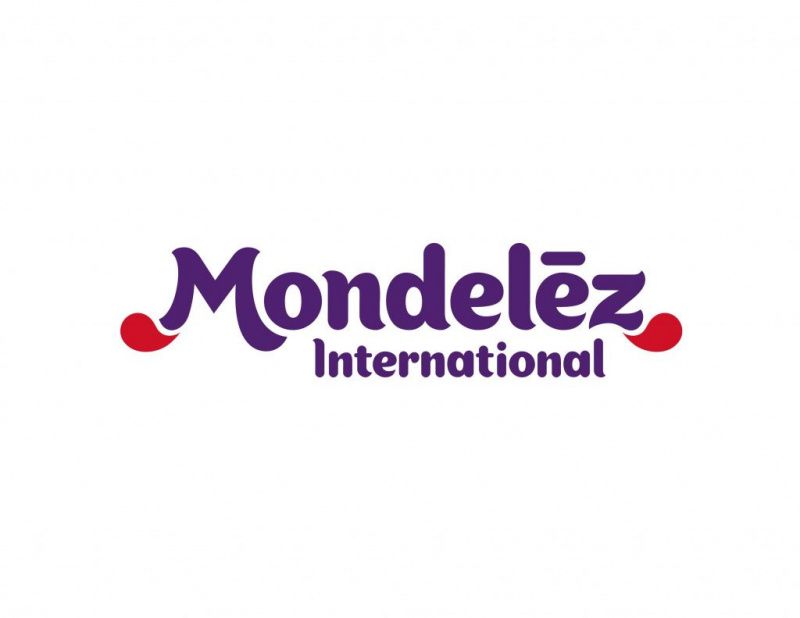Mondelez CEO Asserts Investor Indifference to Russia Trade Amid Accusations of 'Moral Bankruptcy'
Mondelez, the parent company of Cadbury, has come under scrutiny for its decision to maintain business operations in Russia. Despite facing allegations of "moral bankruptcy," Mondelez CEO Dirk Van de Put defended the company's stance, claiming that investors exhibit little moral concern over its continued presence in the Russian market.

With global sales reaching $36 billion in 2023, Mondelez is a major player in the food and beverage industry, boasting popular brands like Toblerone, Maynards Bassetts, and Philadelphia cream cheese. Although Russia accounted for 2.8% of Mondelez's global sales last year, down from 4% in 2022, the company remains steadfast in its commitment to the Russian market.
Van de Put asserted that there has been no significant shareholder pressure to withdraw from Russia, and despite facing inquiries from a few European funds, there has been no explicit request from investors to exit the country. He emphasized, "I don't think [investors] morally care."
The CEO justified the decision, highlighting the potential repercussions of abandoning a significant Russian business, suggesting that the assets left behind could fall into the hands of entities linked to Vladimir Putin's regime. Van de Put questioned the fate of companies sold by Western businesses, expressing concern about the beneficiaries being associated with Putin's associates.
Despite facing calls for companies to exit Russia amid the ongoing conflict, Mondelez remains resolute in its stance. The company has transitioned its Russian business into a separate, standalone entity and insists that ceasing operations would not be a straightforward solution to the complex geopolitical situation. A Mondelez spokesperson emphasized the importance of providing food during challenging times and expressed concerns about the impact on families, colleagues, and farmers dependent on the company.
Unilever CEO Hein Schumacher has encountered similar calls to exit Russia, but the company maintains that retaining its Russian business is the best strategy to prevent it from falling into the hands of the Russian state, either directly or indirectly.
Van de Put asserted that there has been no significant shareholder pressure to withdraw from Russia, and despite facing inquiries from a few European funds, there has been no explicit request from investors to exit the country. He emphasized, "I don't think [investors] morally care."
The CEO justified the decision, highlighting the potential repercussions of abandoning a significant Russian business, suggesting that the assets left behind could fall into the hands of entities linked to Vladimir Putin's regime. Van de Put questioned the fate of companies sold by Western businesses, expressing concern about the beneficiaries being associated with Putin's associates.
Despite facing calls for companies to exit Russia amid the ongoing conflict, Mondelez remains resolute in its stance. The company has transitioned its Russian business into a separate, standalone entity and insists that ceasing operations would not be a straightforward solution to the complex geopolitical situation. A Mondelez spokesperson emphasized the importance of providing food during challenging times and expressed concerns about the impact on families, colleagues, and farmers dependent on the company.
Unilever CEO Hein Schumacher has encountered similar calls to exit Russia, but the company maintains that retaining its Russian business is the best strategy to prevent it from falling into the hands of the Russian state, either directly or indirectly.
Key News of the Week











